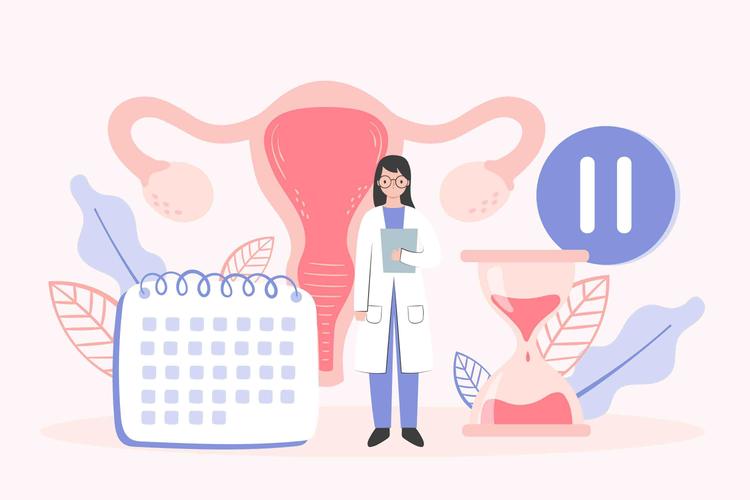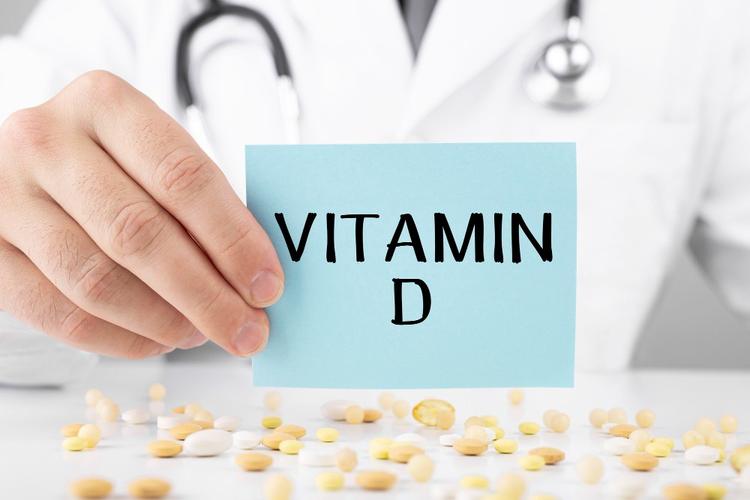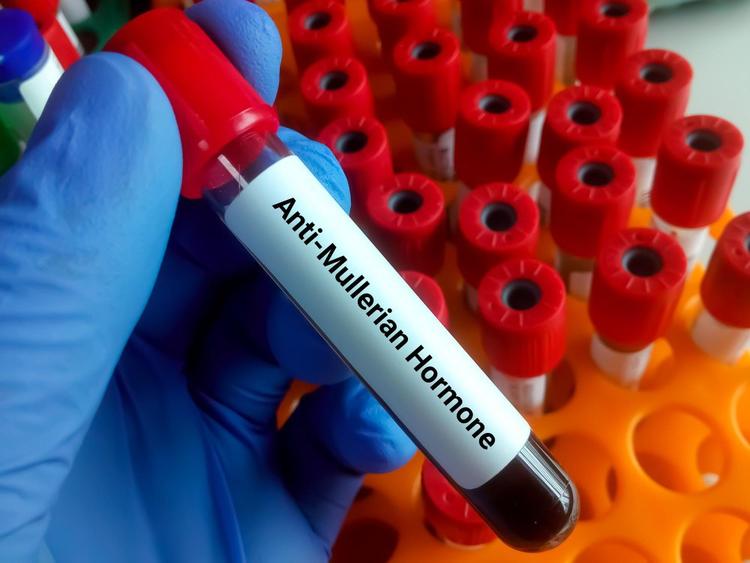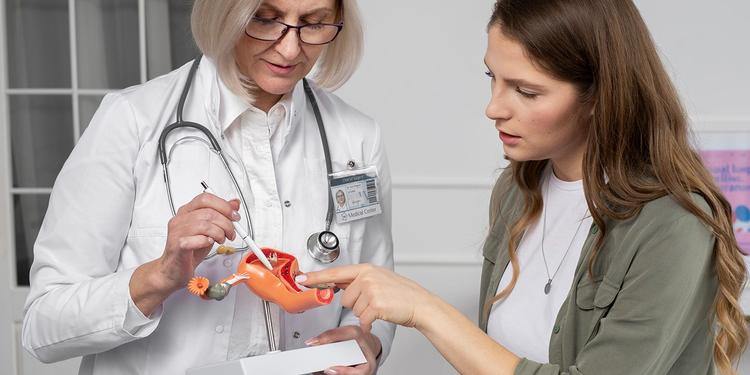Difference between PCOS and PCOD: Causes, Symptoms, and Diagnosis

Medically Reviewed By
Dr. Ragiinii Sharma
Written By Srujana Mohanty
on May 10, 2022
Last Edit Made By Srujana Mohanty
on Mar 18, 2024
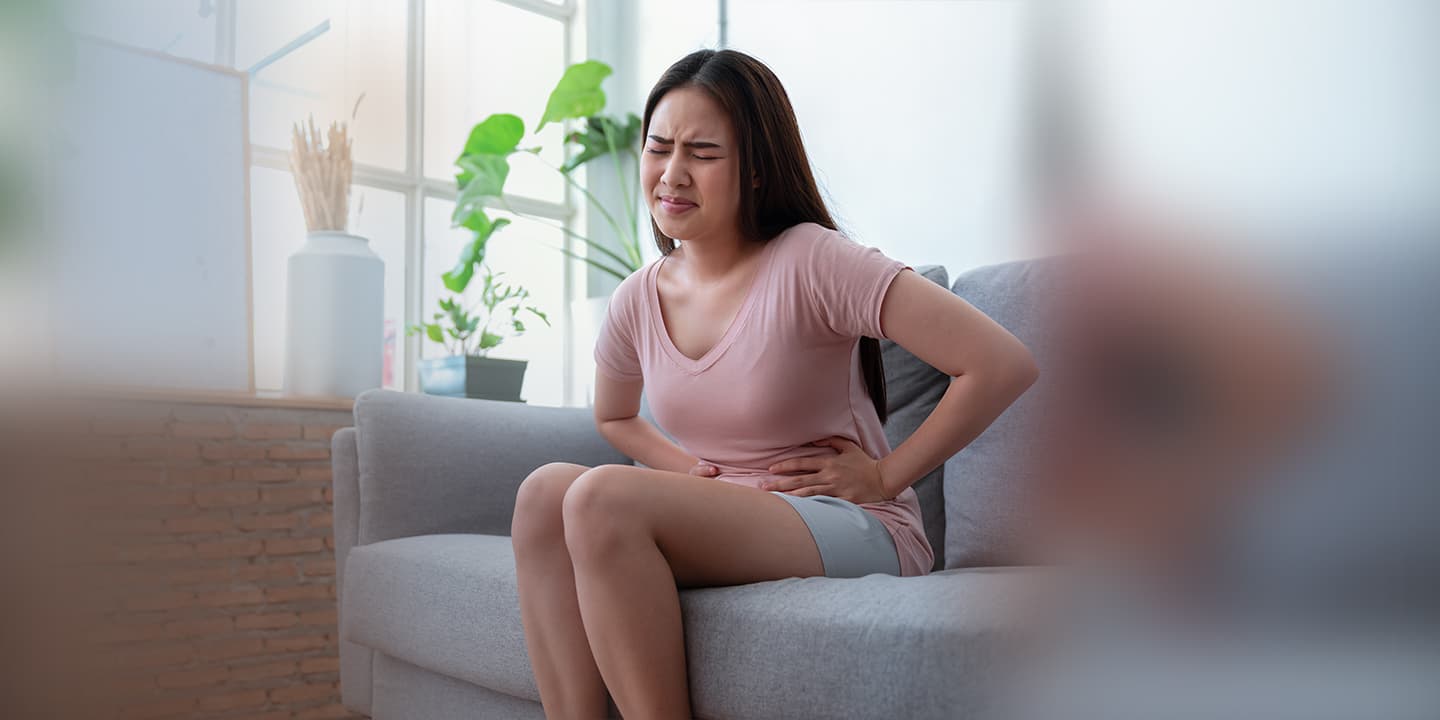
PCOD or Polycystic Ovarian Disease and PCOS or Polycystic Ovarian Syndrome are often confused with being similar. While both the conditions often exhibit similar symptoms and follow a similar course of treatment, there are a lot of differences between each of the conditions. Around 10% of the world’s female population is diagnosed with either PCOD or PCOS during their lifetime. This is because the unbalance and unregulated hormones in the bloodstream contribute to either of the conditions. If left undiagnosed or untreated, PCOD and PCOS can further complicate other chronic disorders like diabetes, acne, hirsutism (excess hair growth), and eventually infertility. Although there is no proper cure for the conditions, they can be managed and regulated. This article will explore everything about PCOD vs. PCOS and its causes, symptoms, and treatment options.
What is PCOD?
PCOD or polycystic ovarian disease is a disorder marked by the production of immature or partially mature eggs from the ovary in females. The excess production of these immature eggs from the follicles takes residence in the ovaries and develops cysts. The worst part of releasing these excess immature eggs from the follicles is that they trigger the release of androgens (male hormones) in excess. This eventually leads to multiple complications like weight gain, chronic acne, and even an irregular menstrual cycle.
What is PCOS?
PCOS or polycystic ovarian syndrome is a medical condition in which the females experience irregular or skipped menstrual cycles due to hormonal imbalance. Even this condition is marked by excess production of male hormones or androgens. PCOS is a type of metabolic disorder that is often complicated by other chronic diseases like diabetes and heart diseases in the long run. So, getting timely treatment for the condition is necessary and not an option. Dietary and lifestyle modifications have shown tremendous benefits in managing the symptoms of this disorder in the long run. Current reports suggest that the prevalence in India ranges between 3.7-22.5%, but the same is subjective to the country’s demographics. Women in urban and suburban areas have this issue more than women in rural areas.
What are the Causes of PCOS/PCOD?
The exact mode of action or cause behind PCOS and PCOD is unknown. However, the majority of the researchers believe that it is due to a significant hormonal non-regulation in the body that contributes to the conditions. Some of the potent PCOD and PCOS causes include:
Excess insulin
Anything in excess in the body results in complications, and the same applies to insulin. Insulin, produced by the beta cells in the pancreas, is responsible for the blood glucose metabolism into energy. However, excess insulin in the blood can eventually lead to insulin resistance, impairing the body’s metabolic function. But, the drastic impact happens when the excess insulin triggers androgen production in females. This leads to visible symptoms like excess hair growth, acne; weight gain even hampers the ovulation process in females.
Genetic predisposition
Although there aren’t many conclusive studies on this subject yet, some reports suggest that PCOS incidence in women is heightened if they have a family history of it.
Low-grade inflammation
Studies found that women diagnosed with PCOD or PCOS showcase signs of low-grade inflammation in their blood test reports. Although the researchers are unsure why it happens or their mode of action, persistent inflammation often triggers the polycystic ovaries to produce excess male hormones. This leads to the potent symptoms in most women with PCOS or PCOD. Excess androgen often leads to complications like infertility, anovulation, excess facial hair growth, acne, etc.
What are the Symptoms of PCOD/PCOS?
Most women with PCOD/PCOS problems either brush their symptoms to the curb or get a diagnosis when the condition has progressed severely. Whatever the case is, being mindful of PCOD and PCOS symptoms can help with an early diagnosis and eventual assisting treatments. Besides facing issues with unexplained weight gain or infertility, there are several other notable symptoms that most women take note of. Some of these symptoms include:
- Irregularities in the menstrual cycles – Oligomenorrhea, Amenorrhea, etc.
- Menorrhagia or excess menstrual bleeding
- Hirsutism or excessive hair growth on the face and body
- Chronic acne, especially around the chest, face, and upper back
- Unexplained weight gain, especially around the abdomen
- Skin darkening around the folds and crevices in the body
- Male pattern baldness in females (occasionally)
- Lack of ovulation
- Type-2 diabetes
- Non-alcoholic steatohepatitis
- Sleep apnea
- Endometrial cancer
- Depression
- Infertility (in severe cases)
The symptoms of PCOD and PCOS take a turn for the worse in obese females, putting them at risk of developing diabetes, heart complications, etc.
How is PCOD/PCOS Diagnosed?
The first line of PCOS and PCOD treatment is to take note of the symptoms. If you are experiencing irregularities or complications with your menstrual cycle, take the problem to your doctor. Unfortunately, most women don’t take the symptoms seriously, leading to gradual deterioration of the condition. When you consult a doctor about your symptoms, they will first discuss the symptoms you are experiencing, followed by detailed medical history, eating habits, and lifestyle choices. Once your doctor understands your case, they will prescribe all or one of the following tests.
Pelvic examination
This is a type of physical examination where the doctor checks the reproductive organs and the surrounding area for the presence of cysts, masses, and abnormal growth. It takes a few minutes and is generally done during your initial consultation with the doctor. If your doctor suspects something irregular or abnormal in the pelvic region, they will prescribe further testing for a conclusive diagnosis.
Blood tests
Since both PCOD and PCOS are related to hormonal imbalance, it isn’t surprising that blood tests are a crucial way of diagnosis. Your doctor will prescribe blood tests to measure the hormonal levels of androgens, estrogen, and even other reproductive hormones in the body. Besides these, your doctor might also prescribe testing the insulin levels since that is a primary contributor to the disorders. Additionally, the doctor wants to ensure that the prevalence of PCOD or PCOS hasn’t affected the other blood parameters, including cholesterol, glucose, and triglyceride levels in the bloodstream.
Imaging tests
An ultrasound test is the most definitive way to ascertain a diagnosis for PCOD or PCOS. During the imaging test, the doctor will move the wand across the ovaries, uterus, and the associated reproductive organs to look for abnormalities or unwanted outgrowths. A transvaginal ultrasound is the best imaging procedure to ascertain a diagnosis of PCOS or PCOD.
Mental health screening
Since these metabolic disorders often lead to hormonal imbalance in the body, several women often exhibit signs of depression and anxiety. If your doctor feels you aren’t your 100% self, the chances are that they will prescribe thorough mental health screening to rule out these associated complications to maximize the effectiveness of the treatments.
What is the Treatment for PCOD/PCOS?
A comprehensive understanding of PCOS and PCOD symptoms and treatment solves more than half of the problem. Once you are diagnosed, your doctor will prescribe a customized treatment plan based on the severity of the condition. If your concerns are too severe and have gone beyond the ways of simple lifestyle switches, that’s when the medications come in. Let us walk you through all the top treatment options, medication-based and lifestyle changes.
Lifestyle Changes
The initial treatment for PCOD/PCOS generally starts with introducing lifestyle changes. Studies suggest that subsequent loss in body weight drastically improves the symptoms and helps in reversing the impacts of the disorder. So, your doctor will suggest:
- Improving your dietary habits by eating nutritious and balanced meals.
- Focus on losing weight in a healthy, holistic, and sustainable manner.
- Let go of the sedentary lifestyle and include physical activity in your day-to-day life.
Introducing healthy lifestyle changes also helps reduce the risks of insulin resistance and inflammation in the body, which helps reverse the impacts further.
Medication and Prescriptions
Besides the lifestyle changes, your doctor will also prescribe a few medications to regulate the menstrual cycle and promote the ovulation process. The common medications include:
Progestin
Patients with irregular periods, especially at risk of endometrial cancer, have to undergo progestin therapy for 10-14 days for one or two months. This regulates the ovulation process and gets the menstrual cycle back on track. It is not a form of contraception, so unprotected sex won’t prevent pregnancy during this treatment.
Birth control pills
Birth control pills are generally synthetic forms of estrogen, and progestin, which regulate androgen production in females. So, as a form of treatment for PCOS or PCOD, your doctor might prescribe birth control pills to mitigate the symptoms.
Support ovulation
Medications promoting and regulating ovulation include Clomiphene, Letrozole, Metformin, and Gonadotropins. These medications reduce the risks of insulin resistance, stimulate the ovaries and regulate the menstrual cycles in diagnosed women. If you are experiencing addictive symptoms like excess hair growth, medications like Spironolactone and Eflornithine can prevent or slow down the progression of such symptoms.
Do Natural Remedies help with PCOS treatment?
The natural remedies for PCOS and PCOD hold the power to reverse their impacts. Typically, your doctor will suggest lifestyle changes and natural remedies as the first line of PCOS treatment. Natural remedies are enough to reverse the symptoms and enable individuals to live healthy lives in the initial stages. Following are a few natural remedies that alleviate the symptoms of PCOD and PCOS: Weight management – significant weight loss is associated with hormonal regulation, especially with insulin and androgens. Once the hormonal levels are in check, ovulation becomes more regular without inhibitions. However, always opt for sustainable weight loss programs to help you lose weight eventually and without restrictive eating. Limit carbohydrates – since insulin resistance is a primary marker in PCOD and PCOS, your doctor will suggest limiting daily carb intake. This is also paired with eating a low-fat diet to support weight loss eventually. Eating high levels of carbs spikes the insulin quickly, further triggering insulin resistance. Exercise and being active–one pivotal contributor to PCOD is leading a sedentary lifestyle. This habit needs changing regardless of whether you work a desk job or don’t feel like moving. Regular exercise and activity can drastically improve the symptoms and support the treatment further. Lifestyle changes and natural remedies show gradual results. There might come a point where you are eating mindfully and exercising every day but see no tangible results in your body. Instead of giving up, you need to focus on getting back and overcoming your shortcomings. Patience is a virtue, in this case.
FAQs
Can I cure PCOD/PCOS permanently?
With correct treatment and lifestyle changes, PCOD can be reversed. Women with a healthy diet and active lifestyle report overcoming all the symptoms they experienced initially before and after the diagnosis.
Why am I gaining weight with PCOD?
PCOD/PCOS is triggered by insulin resistance and excess androgen production, leading to excess fat deposition in the body and gradual weight gain.
Does PCOD happen in sexually active women?
PCOD/PCOS can happen in adolescent, teen, and adult females, irrespective of sexual health. Sexual activities play no role in this metabolic disorder. However, when left untreated, the complications can lead to infertility in several women.
How much exercise should I do for PCOD/PCOS?
Physical activity and exercises can alleviate the symptoms of PCOD and support the treatment. However, the degree of exercise depends on the patient and their tolerance. For example, some women prefer walking while some prefer strength training. Listen to your body and do what feels the best.
Conclusion
PCOD/PCOS is becoming a lot more mainstream in the current world. Unfortunately, with the symptoms gradually getting worse, more and more women are subjected to experiencing complications. So, if you are noticing something amiss with your reproductive health, consult a doctor for prompt medical help. Sometimes, the more you delay, the worse the condition becomes.
